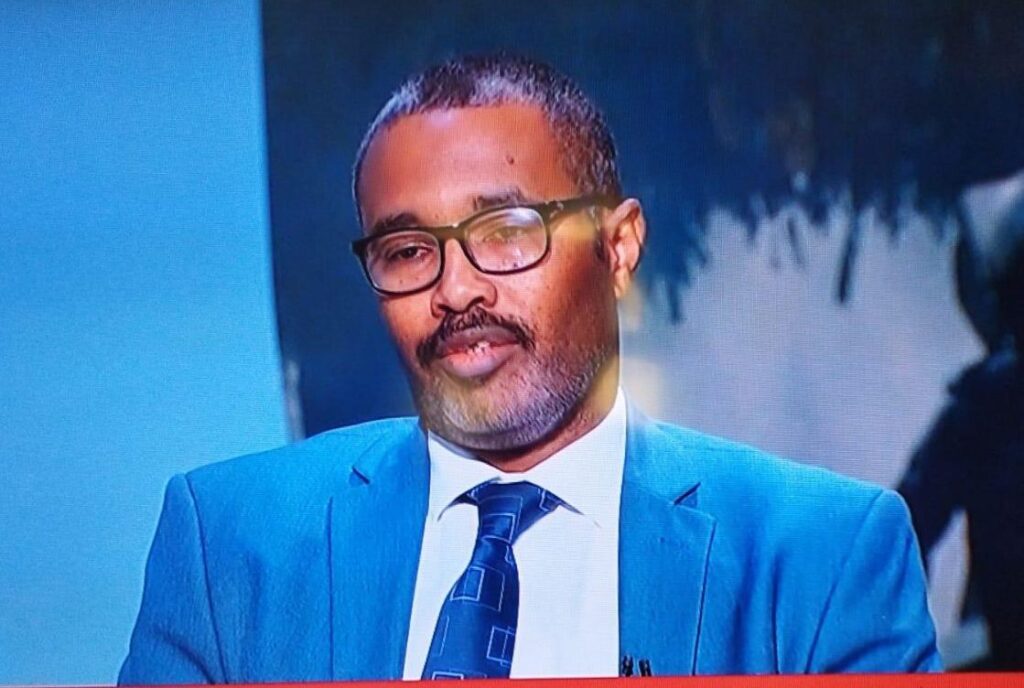The Rapid Support Forces (RSF) have declared full control over the city of Sinja in Sennar State, and its surroundings, including the Sinja Bridge.
Field commander and official spokesperson for the RSF in Sennar and Sinja, Ammar Saeed, told Radio Tamazuj Tuesday that skirmishes with the Army continued, but confirmed that the RSF controls large parts of the city and the road linking Sennar to Sinja.
Saeed highlighted their success in two operations in Sennar, leading to decisive victories. He noted that RSF leaders were in contact to execute the tactics to achieve success, adding that their forces had been present in the area for some time, with positions under their control in Jebel Moya aimed at cutting off the road and the supply lines between Sennar and the White Nile.
Saeed emphasized the RSF’s commitment to the safety of the civilians, stating that they worked to provide security in all areas under their control.
“The Army’s warplanes conduct random bombings on homes and residential areas, causing residents to flee for fear of becoming victims of these attacks,” he explained.
The spokesperson asserted that the bombings targeted civilian infrastructure such as homes and hospitals, accusing the Army of committing war crimes and pledging to bring those responsible to justice.
He denied that RSF aimed to terrorize citizens or seize their rights, stressing their effort to provide an ideal governance as seen in Al-Gazira state.
He added: “The RSF is working to enable civilian components to form their own civil authorities, while we focus on securing and protecting areas from lawless elements and saboteurs.”
Saeed pointed out the efforts to provide food and agricultural equipment, highlighting the negative impact of the war on the strategic stockpile of food and medicine. He accused the Army of preventing humanitarian aid from reaching the RSF-controlled areas, exacerbating the suffering of residents.
Saeed blamed the Army for the destruction of infrastructure, including the Al-Halfaya Bridge, noting that such acts followed their diminishing hopes of regaining power.
He stated: “The Sudanese Army will not stop targeting infrastructure,” and mentioned the continuous shelling of the Sennar Sugar Factory.
Despite the challenges, Saeed confirmed the continuation of the agricultural season in areas like Al-Gedaref, Thoker, Halfa Al-Jadida, Khashm El-Girba, and Darfur.
He acknowledged that the war had caused a food and medicine crisis and displaced thousands of Sudanese. However, he indicated that the RSF commander was willing to negotiate to end the conflict. He criticized the Army for not making clear decisions and stalling negotiations, thereby increasing the suffering of the Sudanese people.
“The joining of factions from the Awakening Forces to the RSF, and the defections within Jibril’s Movement in Darfur, which led to their joining the RSF, were due to shared visions and goals in facing the Army,” Saeed said.
He called for an end to the conflict and the pursuit of a peaceful resolution.




